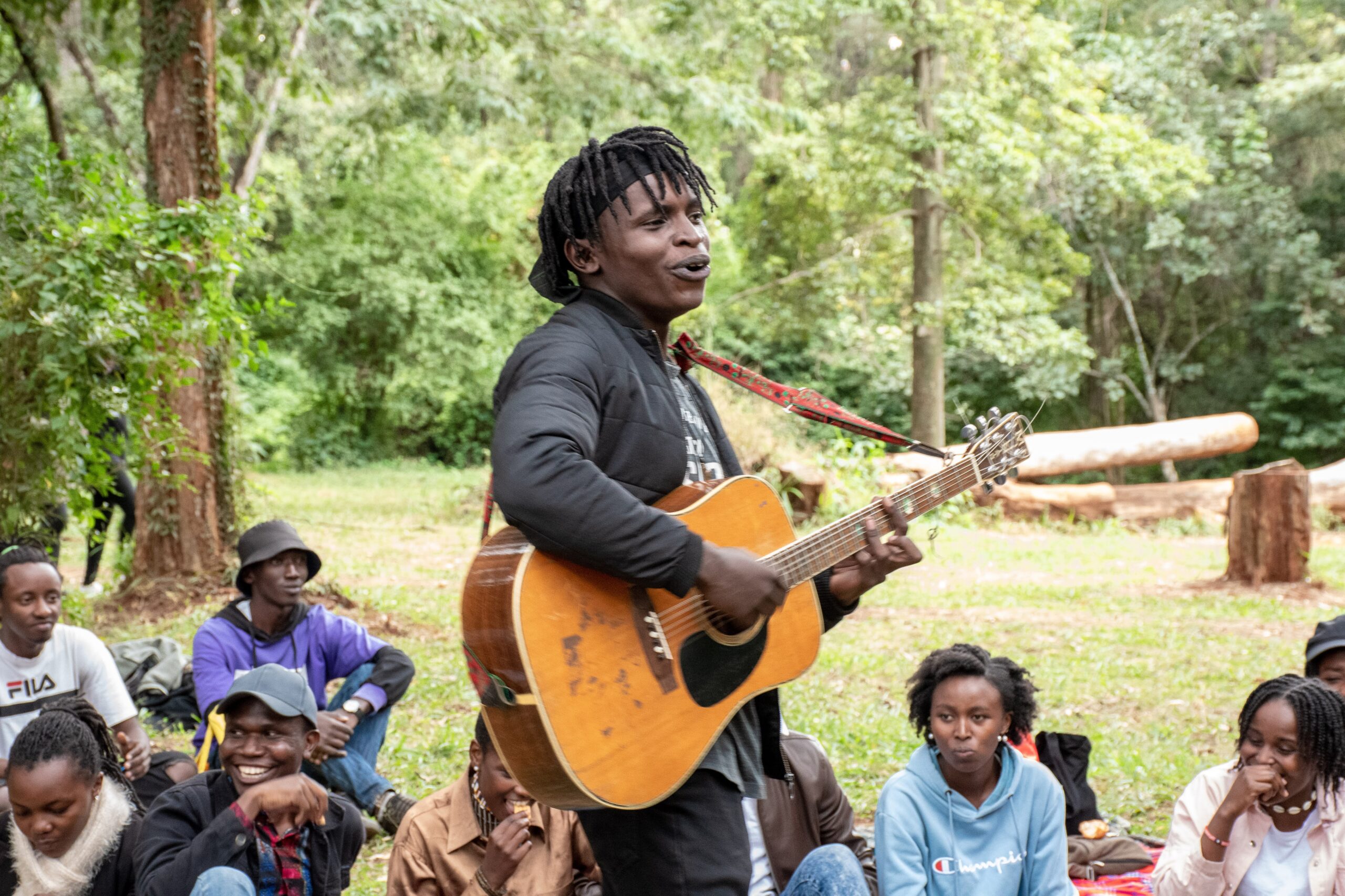Sex Education Outside Classrooms
A story made laps on social media of a 15 year old girl who went missing. She was meant to report back to school after a long holiday but ‘disappeared’ while at.
It was later established that the 15 year old had eloped with her boyfriend who is a tout. This, surprisingly, was not in the neighborhood of guesses among the netizens who gathered to share their thoughts and concerns in the comment section. After all, she is only 15, and in form one – innocent, naive teenager who doesn’t know herself better to have a boyfriend, they thought.
This is deafening, especially in this era where technology has exposed our kids to inappropriate content at an early age. These kids are fed with content that makes them curious to experiment oblivious of the consequences that await.
Kids as young as 4 years swagger aroung gripping tightly on smartphones that their parents bought them. These phones contains games, cartoons on YouTube and guess what else? A one click away from pornography.
Not long ago, Kenya Film Classification Board banned 6 cartoons that portrayed sexually explicit content.The six include Loud House, the Legend of the Korra and Hey Arnold, Clarance, Steven Universe and Adventure Time, all available on Cartoon Network.
KFCB highlighted that it was the duty for the Government to protect minors and children of impressionable minds from exposure to inappropriate content that runs counter to our cultural values.
As if that was not enough, Mt. Kenya TV was caught pants down airing an animated movie titled “Free Jimmy” during its ‘Mucii wa Ciiana’ (home of the children) programme during which it aired sexually explicit content.
Such cases makes you wonder, in whose hands are our kids safe?
It is ignorance to assume that our kids don’t know anything about sex. One might easily assume that since they are young, they are innocent, and that they may not even be thinking of engaging in sexual activities. Flip that rock you are living under, and come out to reality.
Sex education is essential. As it looks, most parents have left this role to teachers. They are either shy to face their kids and talk about sex, or they have busy schedules that they don’t even realize their teens are sexually active and feeding on inappropriate content.
Emma McKogada, SRHR (Sexual and Reproductive Health and Rights) champion says, “let’s normalize sex education while the child is as little as 3 years. As little as the child might be, they are at risk of sexual abuse.”
She further states that, “parents should allow their kids to wash their private parts by themselves showing them how and making them know that that part is special and only them should touch.”
“From age between 5-11 years old, you can always ask them questions like ‘do you have friends?, how many are they? What do you share in common?’ Continue qith the questions. ‘Among these friends, is there any one special? What makes them special?’ From what the kid answers, you can use to give him or her direction (sex education),” she adds.
Historically, it was rock-hard to have conversations that revolve around sex with our parents. To some, it was perceived as inappropriate, to others it was more like a taboo. It made it even hard for one to introduce their girlfriends and boyfriends to their folks. And it would earn you some numerous whooping if your parents ever caught you walking aimlessly with the opposite gender.
Over time, things have changed and these conversations are as normal as sharing tea from the same flask. It’s not peculiar to see a dad doing shopping and in the process picking sanitary pads for her daughter and adding it in the cart.
Making your kid comfortable to talk to you (the parent) about her reproductive health, sex life and how they feel about someone, is the first step into quality sex education.
Letting the kids tell you what they already know will help you know what angle to take while educating them on sex.
Emma says, “from the age of 12 to 18 these kids are teenagers and to your surprise there is nothing they don’t know about sex education, all they need is your direction. Ask them about condoms, about HIV/AIDS. Let them tell you what they know and lead them from there. It’s much easier this way than ‘pumping’ all the big information we have as adults in their head.”
Teenagers are experimental. What they watch, listen to or hear from friends have major impact on them. The curiosity that killed the cat attacks them and lures them into trying out things that they might have been told have consequences.
Teenage pregnancies are common – and even spiraled higher during the pandemic, despite the topics on reproductive system and dangers of unprotected sex being taught in school. It’s not that the teenagers don’t know the consequences of unprotected sex, they are just ignorant and experimental.
Instilling a sober mind in a teenager about sex is essential. They should be able to know what sex really is, when to have it (even the Bible states it well, after marriage, LOL), how to say no and how to protect themselves from any ‘predators’ who might lure them with money.
“If you normalize talking to your kids about these things, no stranger will make them curious and ‘spoil their head’ because they have the information they need, and that it came from someone they love and trust – the parent,” Emma concludes.




















